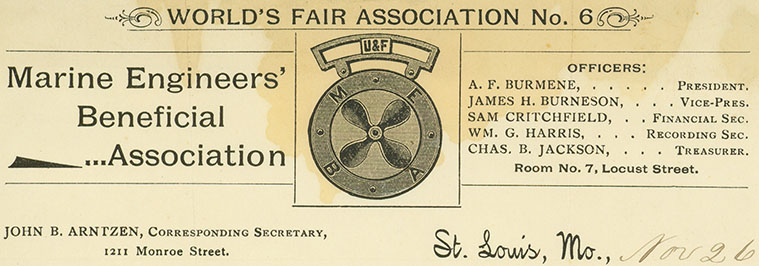||| FROM KRISTIN HYDE for MARINE ENGINEERS BENEVOLENT ASSOCIATION |||
Washington State Ferries’ engine room crew represented by their union, the Marine Engineers’ Beneficial Association, and state negotiators reached an impasse in bargaining over terms and conditions of their contract. They begin interest arbitration today, Friday, August 23rd. Arbitration is expected to be complete by next Friday, August 30th. The arbitrator has until September 30th to issue a decision on contract terms and conditions.
Unions representing ferry crew are leading a tour of the ferry system for Washington state lawmakers on Tuesday, August 27th.
The below deck engine room portion of the tour will be led by Eric Winge, WSF Representative for M.E.B.A and AFL-CIO, aboard the 3:50 Seattle to Bainbridge run. Media are welcome to attend, please contact Kristin Hyde, 206-491-0773, kristin@kristinhyde.com
As noted in an August 19 editorial by the Seattle Times:
“….Inslee’s administration, as well as that of the state’s next governor, must find ways to attract skilled talent and build a deeper bench.. Here’s one way they can do that now: The administration’s Office of Financial Management is bargaining new labor agreements with state unions. Ferry worker pay must remain in range of a maritime industry still facing a global shortage of mariners. Gone is the era when WSF’s pension and benefits alone could compete with better-paying jobs on the high seas. …Even within the system itself, a disparity in pay has widened. The salary scale for workers in the ferries’ engine rooms, for example, is $27 to $57 per hour — below their skilled counterparts above decks, who make $32 per hour to $70. Captains’ salaries often track closely to those of chief engineers in the industry, according to the Marine Engineers Benefit Association, the engine room’s union. Yet within WSF, the chief engineer averages about 19% less than the captain.
“In a job that already calls for seven-day, 12-hour shifts, engineers, oilers and wipers racked up 81,000 hours of burnout-inducing overtime in 2023 — money that would be better spent on higher wages to attract a greater workforce. The state shouldn’t skimp on crews that caretake a corroding fleet with a combined $270 million in backlogged maintenance.
“….the most experienced staff continues to dwindle. Of the 110 chief engineers in the ferry system, about half will be able to retire in the next three years, according to the union. Without wages to woo experienced mariners to the jobs, more and more institutional knowledge of these distinctive double-ended vessels will slip away.
“Recalibrating the salary scale would improve morale, attract critical talent to the ranks and staunch the number of canceled sailings each year. Ensuring competitive pay, including for those working below decks in America’s largest ferry system, is one of many necessary steps to restore what is now a broken marine highway.”
**If you are reading theOrcasonian for free, thank your fellow islanders. If you would like to support theOrcasonian CLICK HERE to set your modestly-priced, voluntary subscription. Otherwise, no worries; we’re happy to share with you.**







